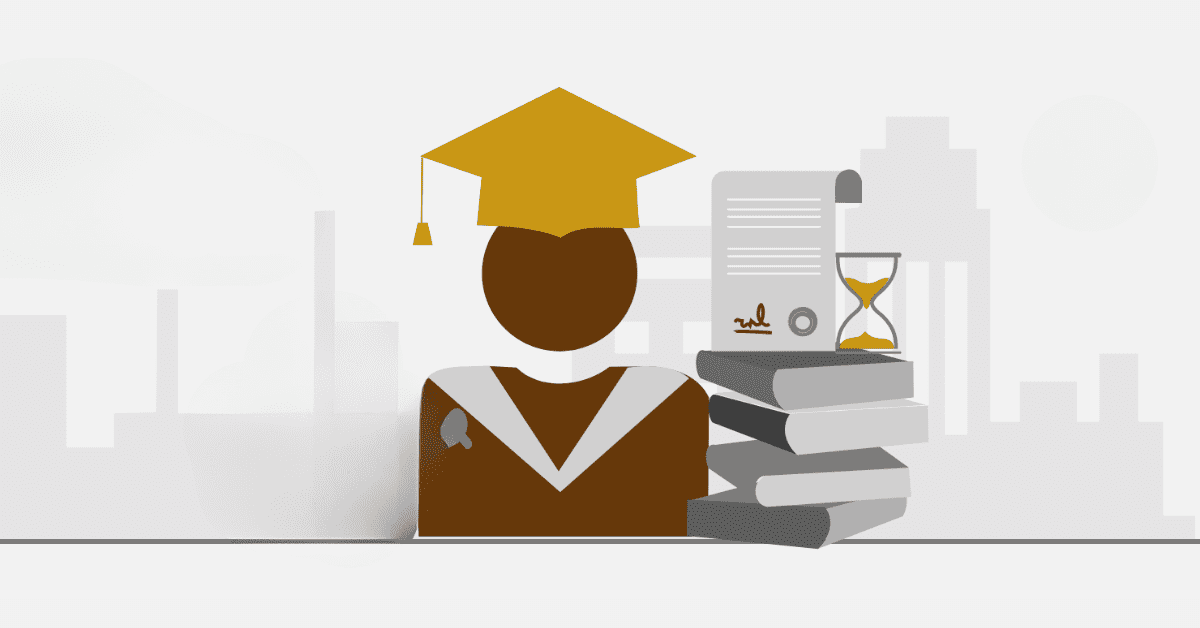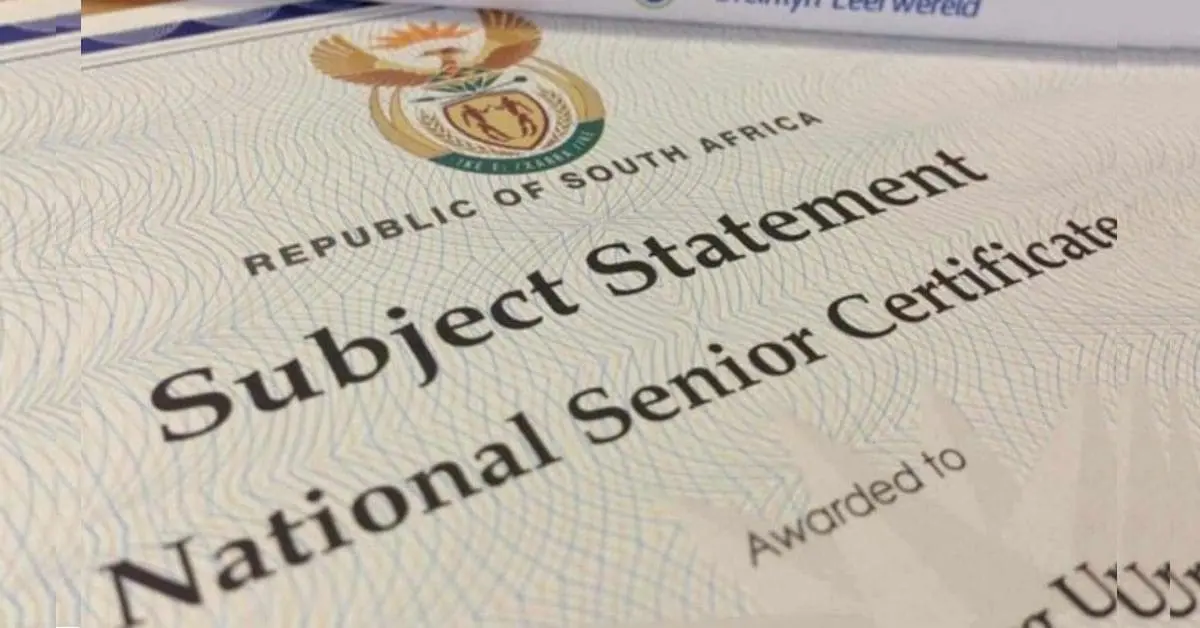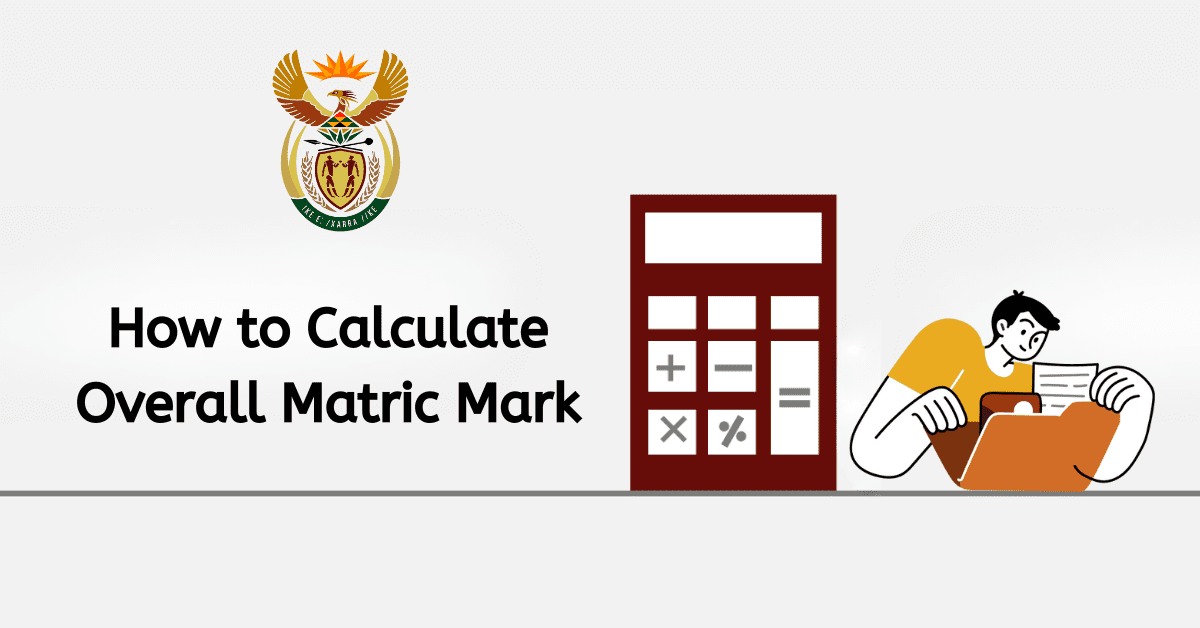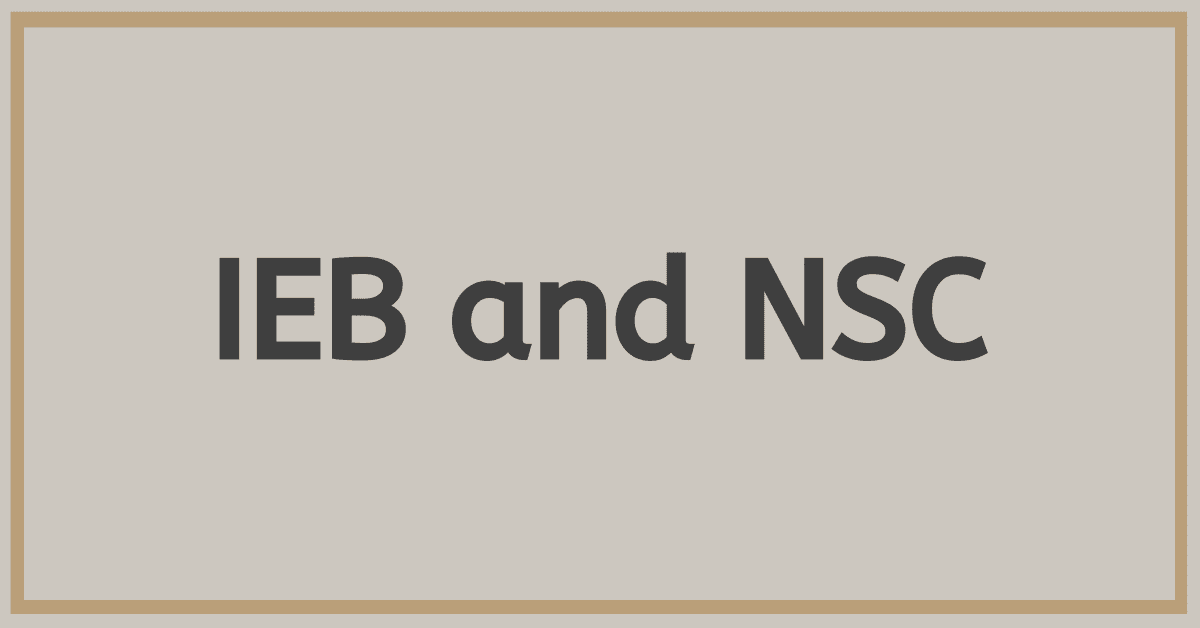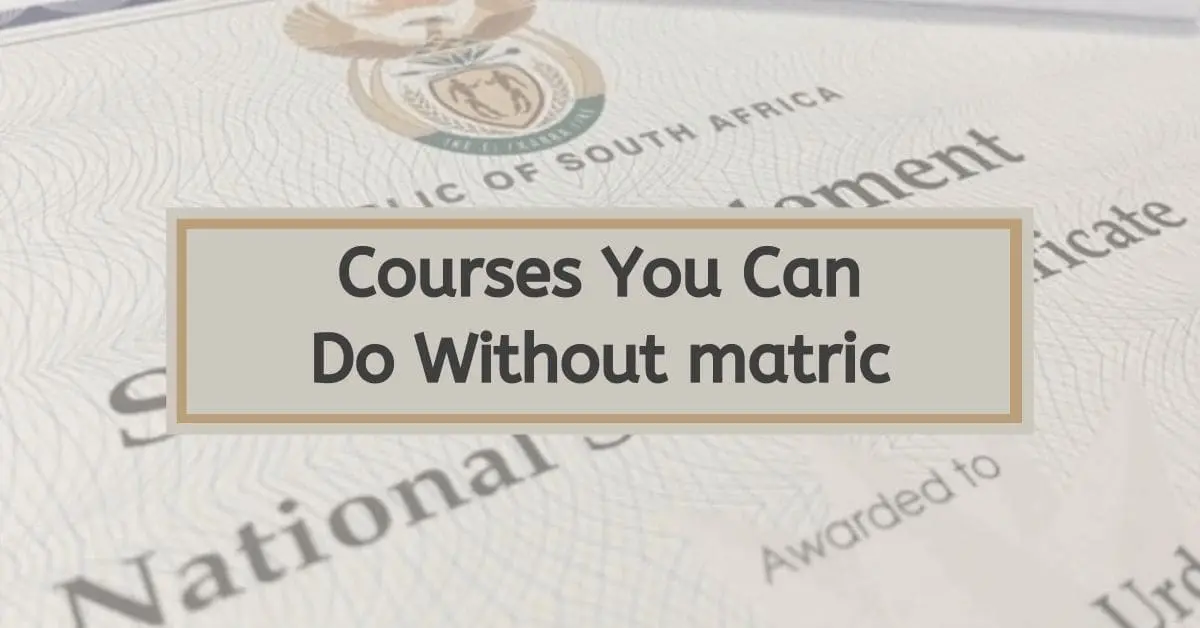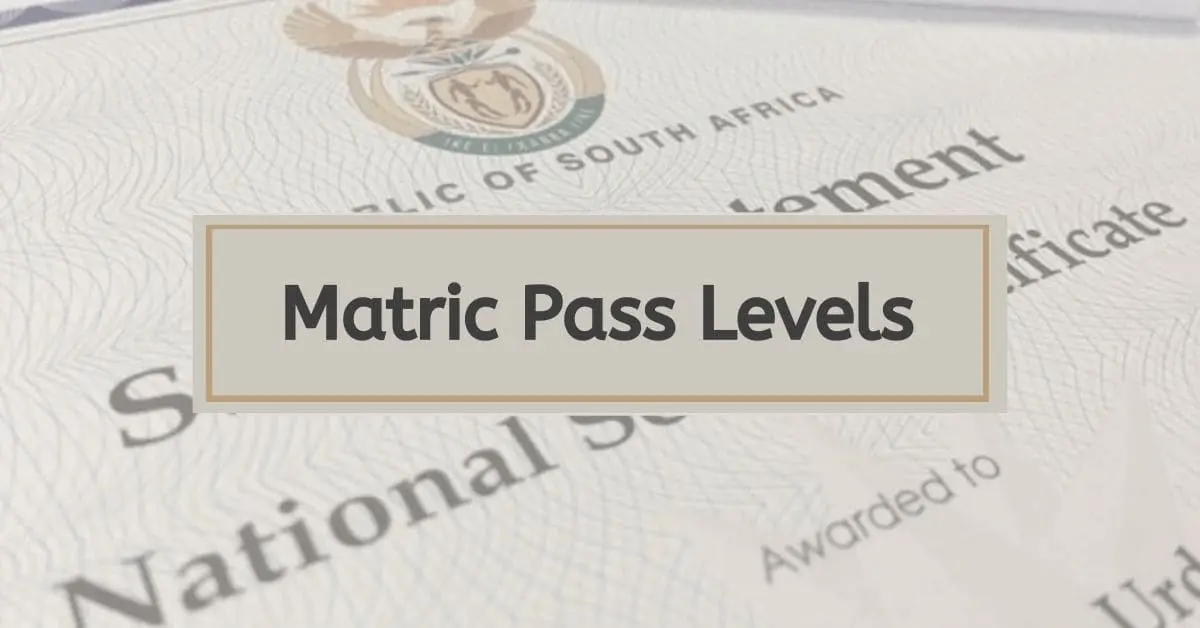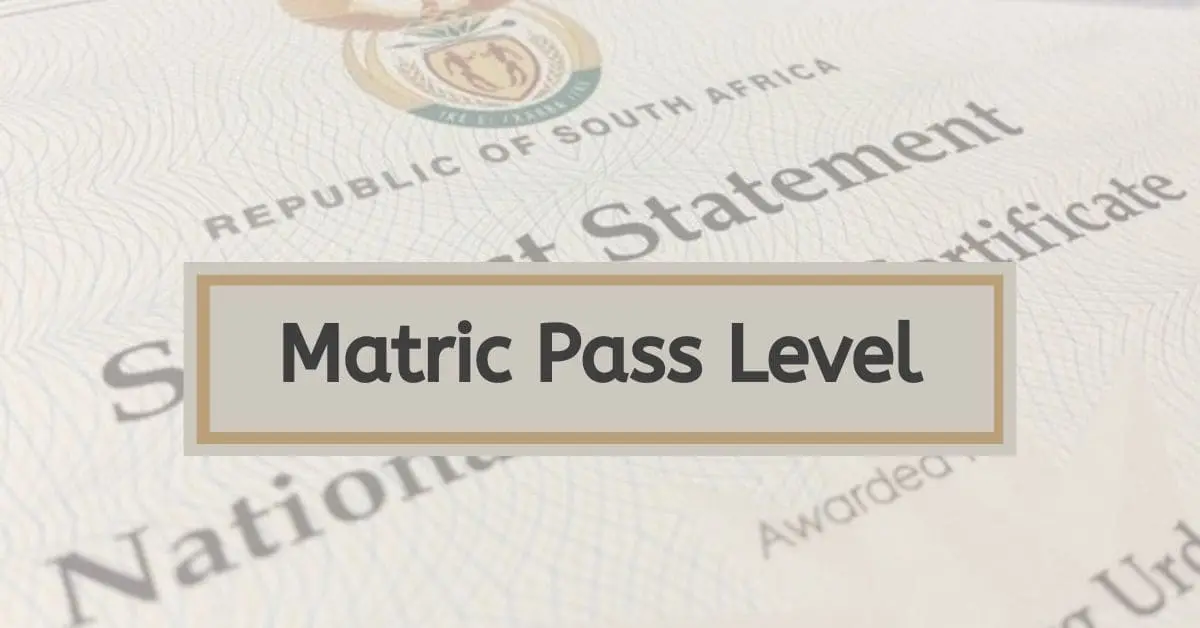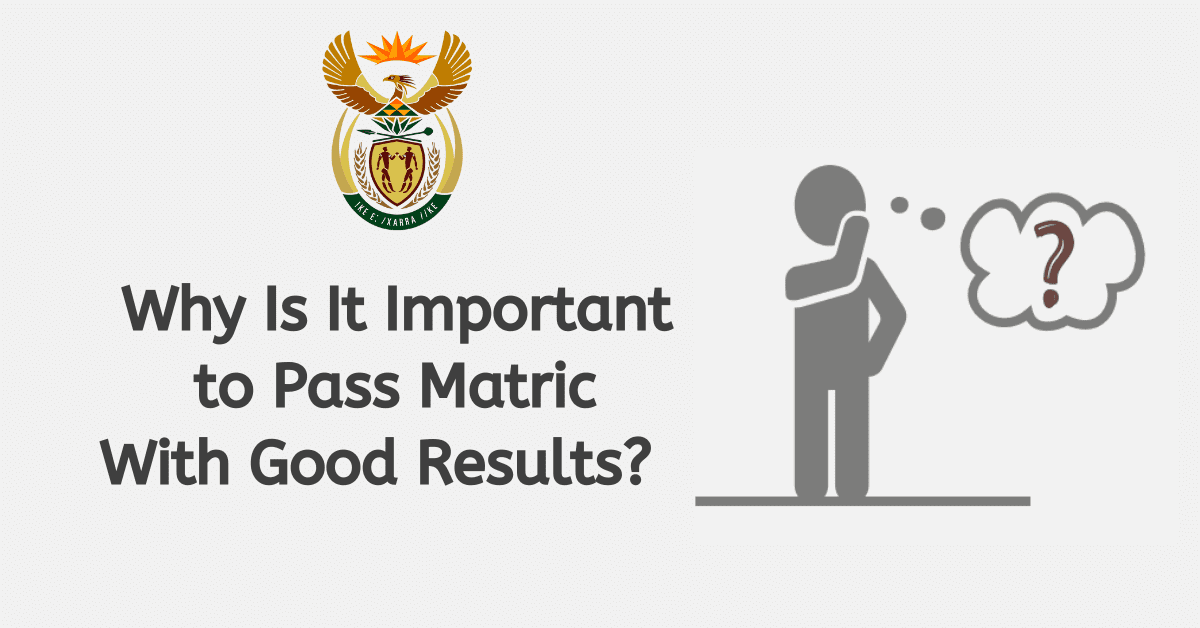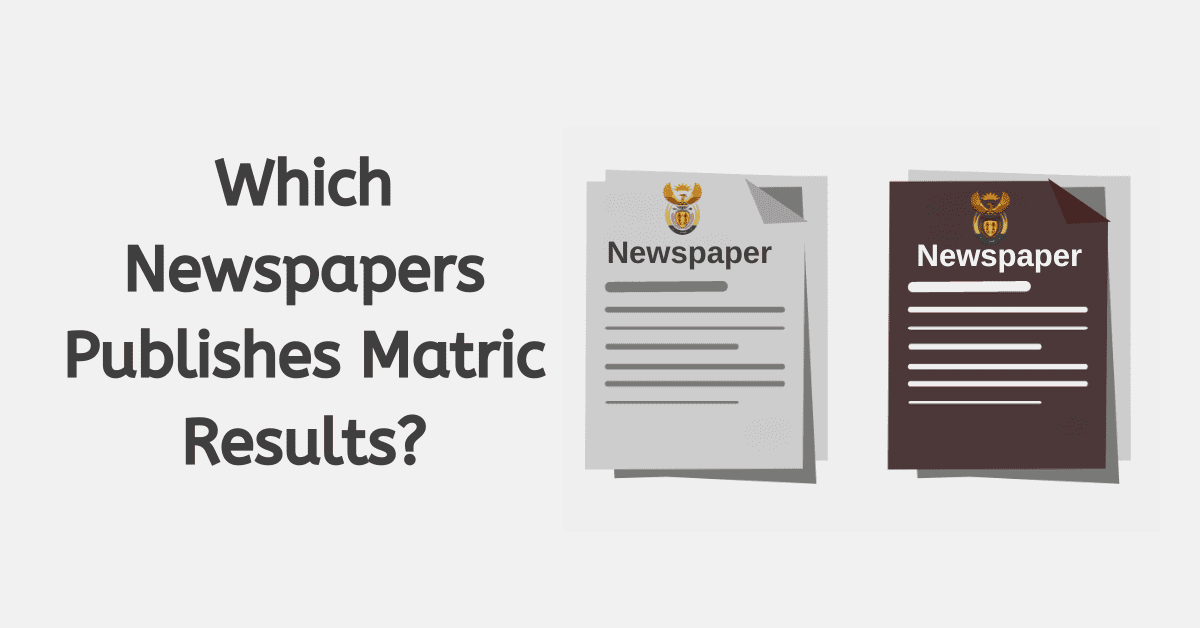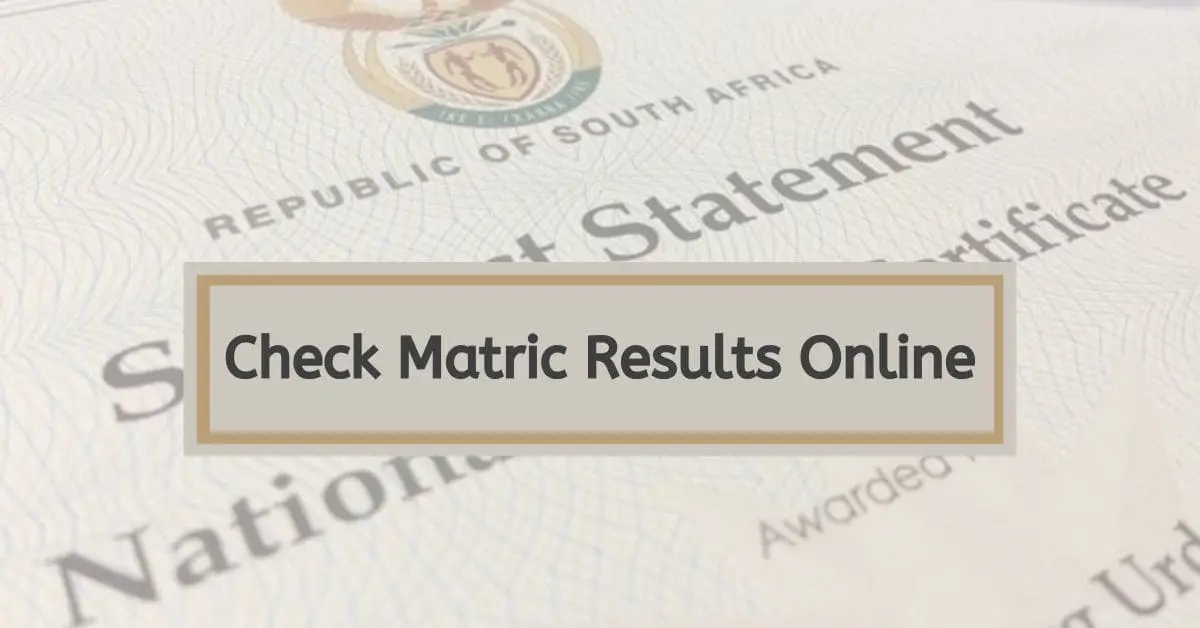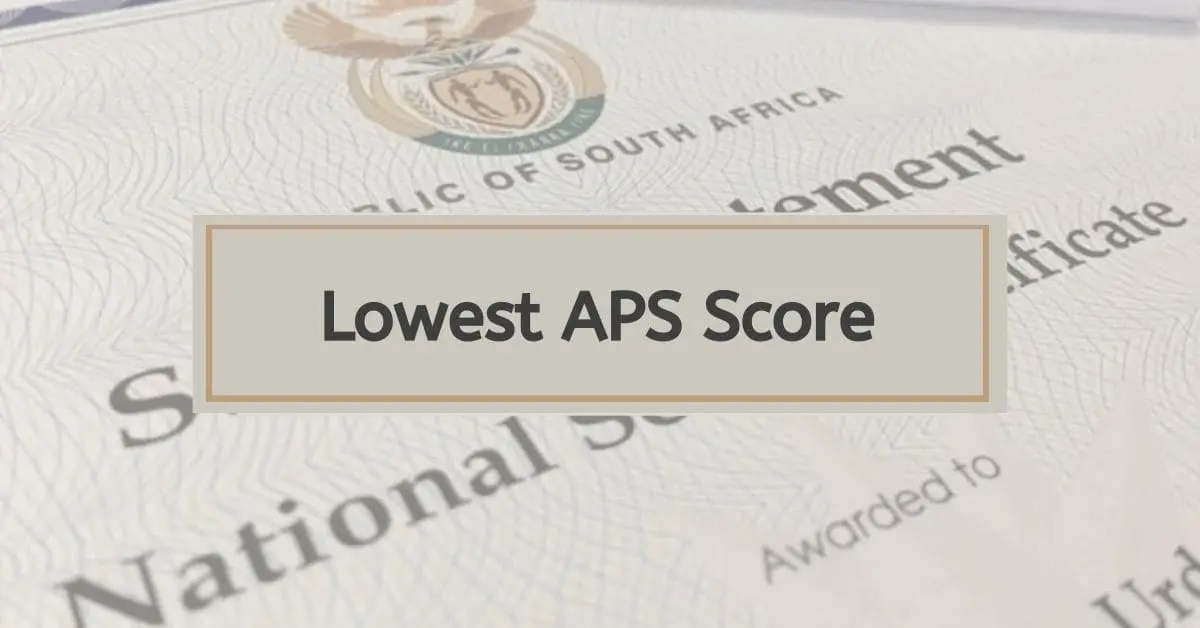If you have spent a lot of time on the internet researching your educational future, you may encounter the terms ‘pre-matric’ and ‘post-matric’. While these are terms more commonly used overseas to refer to different educational programs and the people who qualify for them, they are becoming more common in South Africa today. Luckily, we are here to break these sometimes confusing pieces of terminology down and help you better understand what is on offer to you and the educational requirements for them.
Difference Between Pre-Matric And Post-Matric
In a nutshell, any educational program labeled as ‘pre-matric’ is aimed at people who have not yet completed their standard 12 years of education at school. They’re usually offered to learners in Grade 10 or 11, either as a way to encourage exceptional students to progress to higher academic targets or to support struggling learners towards taking their final matric exams and achieving better marks.
Post-matric studies refer to any qualification you take after you complete your matric/senior certificate. This could range from traditional university programs like Bachelor’s and Master’s degrees through TVET vocation-focused qualifications and short diplomas. Typically, however, it is used as shorthand to specifically refer to shorter diploma courses.
What is a Pre-Matric Qualification?
In South Africa, the term ‘pre-matric qualification’ refers to an educational program/qualification that you will complete before you enter your matriculation (grade 12 level) exam sessions. These programs are aimed at students who have not yet completed their high school education and serve as a preparation for further studies.
They’re often offered to learners aiming for very competitive or demanding tertiary education programs or students who perform very well academically and want to add extra educational opportunities to expand their tertiary education opportunities.
Alternatively, you may also see the term used for programs which offer extra learning support to struggling students who want to perform well on their Matric, so it is important to make sure you look at the right sort of program for your needs.
Pre-matric qualifications can be obtained through various institutions, including schools, adult learning centers, or via online platforms. They will vary in duration and content but generally focus on core subjects such as mathematics, language, science, and social studies. The curriculum may also include subjects like life skills, computer literacy, and study skills to enhance students’ overall readiness for higher-level education.
The purpose of a pre-matric qualification is to bridge any gaps in knowledge or skills that students may have and provide them with a solid foundation before entering the final year of high school.
What is a Post-Matric Advanced Diploma?
A post-matric advanced diploma simply refers to shorter educational programs you finish after your matric. While they are tertiary-level qualifications offered by universities, colleges, or vocational training institutions, they are usually of a shorter duration than the standard Bachelor’s university programs, often one to two years. Some may, however, be longer.
Post-matric advanced diplomas usually focus on specific vocational/professional fields, offering industry-specific training. You will see post-matric advanced diplomas in fields like healthcare (particularly phlebotomy and nursing), tourism, IT, and business management.
Advanced diplomas are recognized as tertiary-level qualifications, showing you have specialization and expertise beyond your matric certificate without the lengthy and formal training offered by Bachelor’s programs at universities. This doesn’t mean they aren’t good! They are often valued by employers and can greatly enhance your employment prospects, while allowing you to complete your courses in a quicker timeframe than a traditional university. You may even find that completing the program will also get your credits/exemptions you can use towards a longer university program too.
What Happens After Matric?
This is a common question asked by young people facing their final year of schooling. The answer is both scary and inspirational- because it is up to you! There’s no one ‘right’ path to follow, and a lot depends on your expected academic performance as well as the future you envision for yourself.
Many students choose to pursue higher education at universities and enroll in bachelor’s degree programs. Universities offer a wide range of academic disciplines and fields of study, allowing students to specialize in areas of their interest. While this is often pushed as the ‘traditional’ after-school path, don’t feel limited to it.
TVET colleges provide vocational (job-focused, rather than academic) training in a huge variety of fields, from engineering and hospitality to business management, art and design, and more. You will receive either a national certificate or diplomas. This is a great alternative to university education and will often be easier to transition into a specific career. Many private colleges offer similar vocational courses.
Don’t forget apprenticeships and learnerships- opportunities for practical, hands-on training in specific trades. You will work alongside experienced professionals and receive formal training, which often leads to recognized qualifications, too.
Of course, some students choose to enter the workforce directly after their matric. You can apply for entry-level positions in various industries based on your skills and interests. While matric alone may be sufficient for certain job opportunities, further education or training can also enhance your career prospects in the long run. However, it is often equally beneficial to progress your career early, so it is highly dependent on your future plans. Perhaps you are even hoping to study and learn at the same time! You could even look at starting your own business.
In short, there’s no one right thing to do after matric. It depends on you, your future goals, and the academic benchmarks you’ve managed to achieve while learning. Your future is yours to decide.
